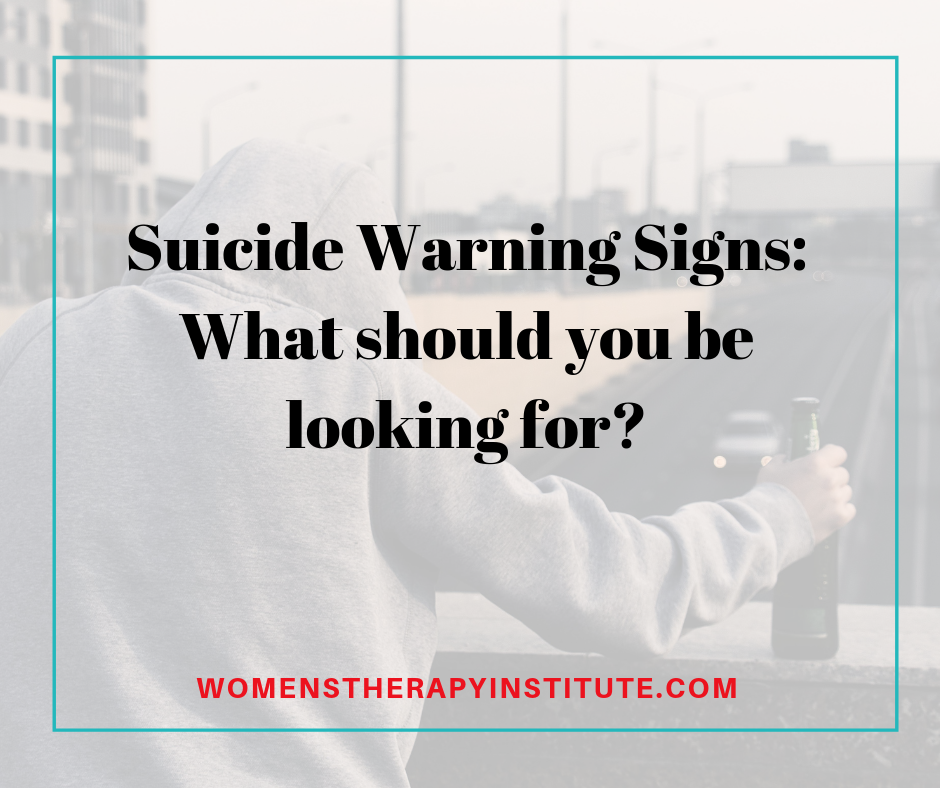
Suicide Warning Signs: What should you be looking for?
With suicide rates at an all-time high, we must know and understand the signs and symptoms to look out for. Suicide is preventable and is never the answer to your problems. If for any reason you think you may be suicidal or just don’t feel like yourself, please consider seeking help from a licensed mental health professional. So many people want to see you continue in this life and so many resources are available to help you get through these hard times.
If you are someone who is concerned a child, relative, or friend may be at risk for suicide there are some signs to look out for:
- Focusing on death — a person at risk of committing suicide likely doesn’t want to die, they just want a way to end their pain. It is a concern if a person focuses on death and dying, researches different ways to die, and/or seems encompassed by the idea.
- Making plans — someone who is thinking about ending their life may start to make plans. They might make a will, talk about after-life wishes with family, giveaway important things, or start saying goodbye to loved ones.
- Becomes withdrawn — not returning phone calls or showing up for social events can be a big sign that something is not right.
- Shows despair — they might seem sad, distraught, severely depressed, or talk about how they are a burden to others.
- A swing in mood or sleep — a person who is normally anxious, depressed, moody or aggressive may suddenly become calm once they have decided to commit suicide. They may also stop sleeping as much as they used to or sleep more.
- Substance abuse — as with any mental health condition the use of substances like alcohol or drugs can contribute to feelings of depression or suicidal thoughts.
- Acts recklessly — participating in dangerous and risky behaviors like having unprotected sex or driving drunk can be a sign that a person doesn’t appreciate their life and doesn’t care if it ends.
- Victims — victims of trauma or abuse of any kind can be more at risk than other populations. These people have a lot of pain they are dealing with and struggle with wanting that pain to go away.
If you or anyone you know is displaying any of the above signs or symptoms, get help. The National Suicide Prevention Lifeline is 1-800-273-TALK [8255].
